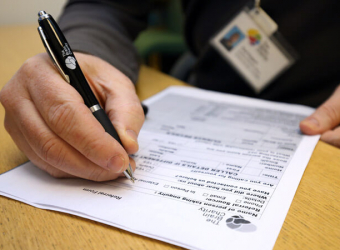What is sticky blood syndrome?
Sticky blood syndrome is an autoimmune condition in which the immune system attacks healthy tissue in the body by producing abnormal antibodies. This makes the blood stickier than normal causing an increased risk of blood clots.
What causes sticky blood syndrome?
It is unclear why the abnormal antibodies that result in sticky blood syndrome are produced but it is thought to be due to a combination of genetic and environmental factors.
Research has found that having a family member with these abnormal antibodies does increase a person’s chance of also having them, and faulty genes that result in other autoimmune conditions such as lupus may play a role.
Environmental factors such as viral and bacterial infections may also trigger sticky blood syndrome.
Although there is no cure, the risk of developing blood clots can be reduced with treatment.
To receive a diagnosis of sticky blood syndrome, blood tests must be carried out by your GP.
What are the symptoms of sticky blood syndrome?
The blood clots that are caused by sticky blood syndrome may result in the following symptoms:
- High blood pressure
- Deep vein thrombosis
- A stroke or a mini-stroke
- A heart attack.
Other symptoms of sticky blood syndrome can include:
- Problems with balance, mobility, vision, speech and memory
- Pins and needles in your limbs
- Fatigue
- Repetitive headaches or migraines.
















